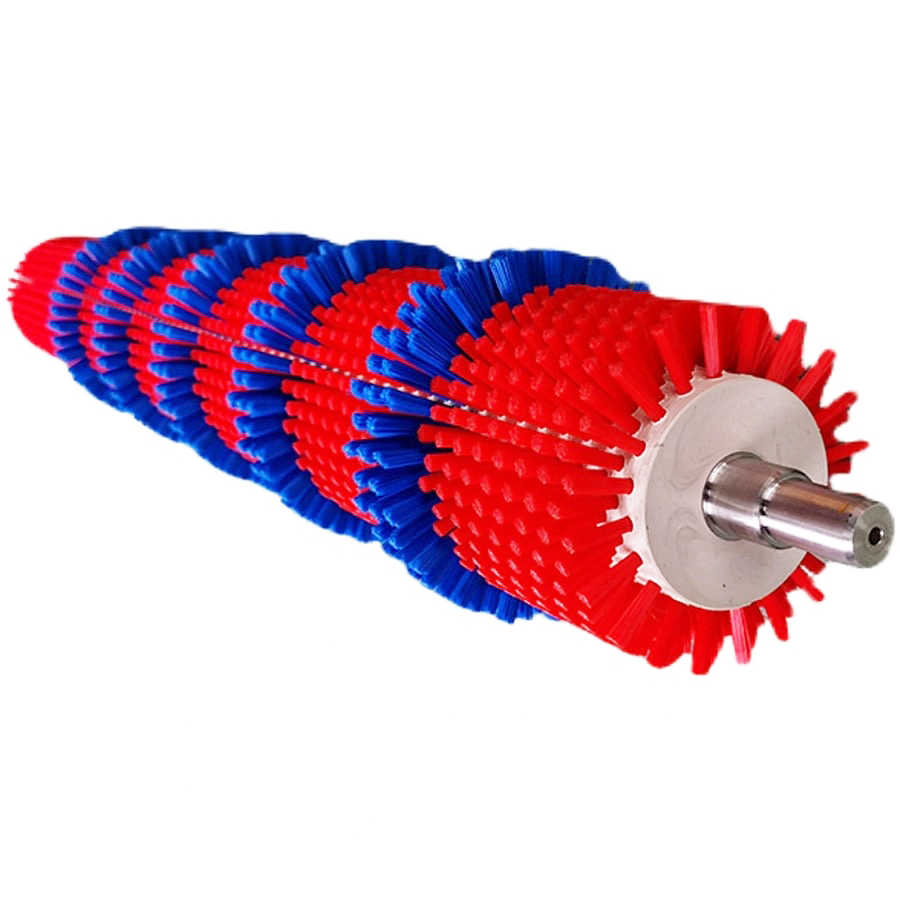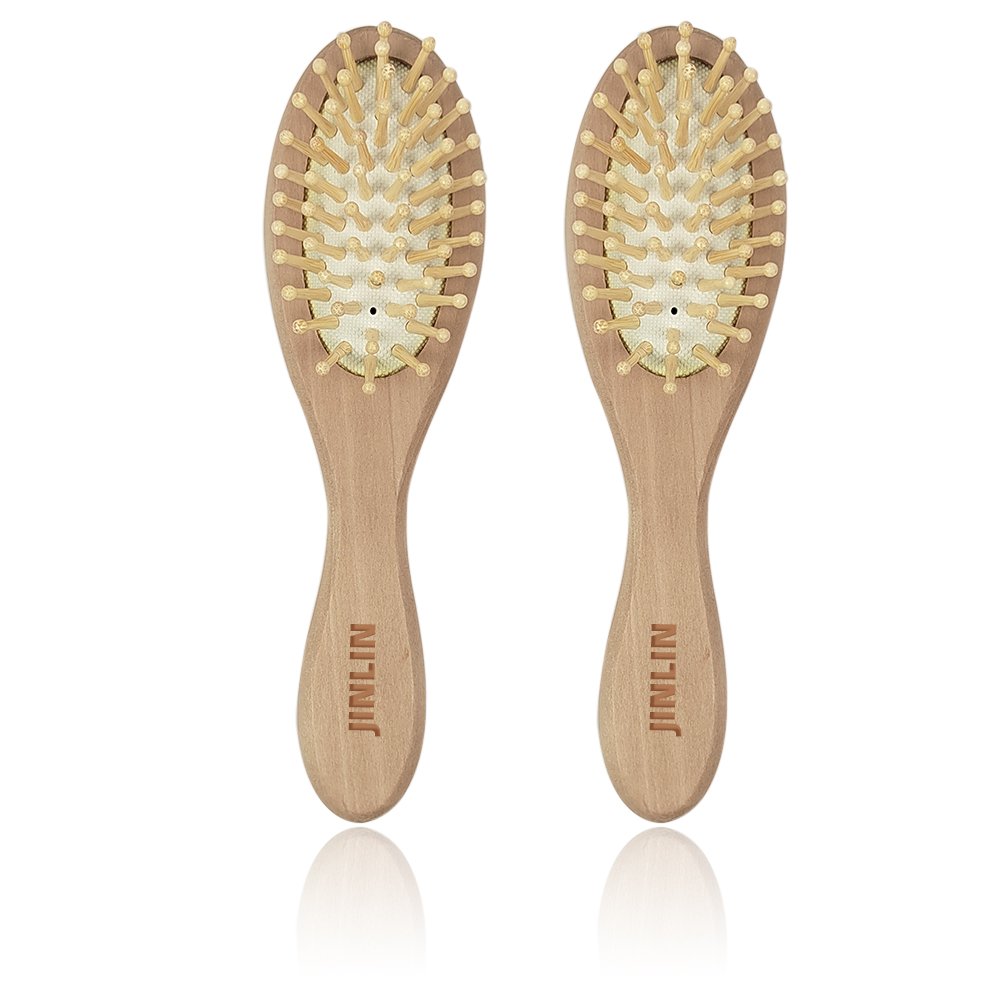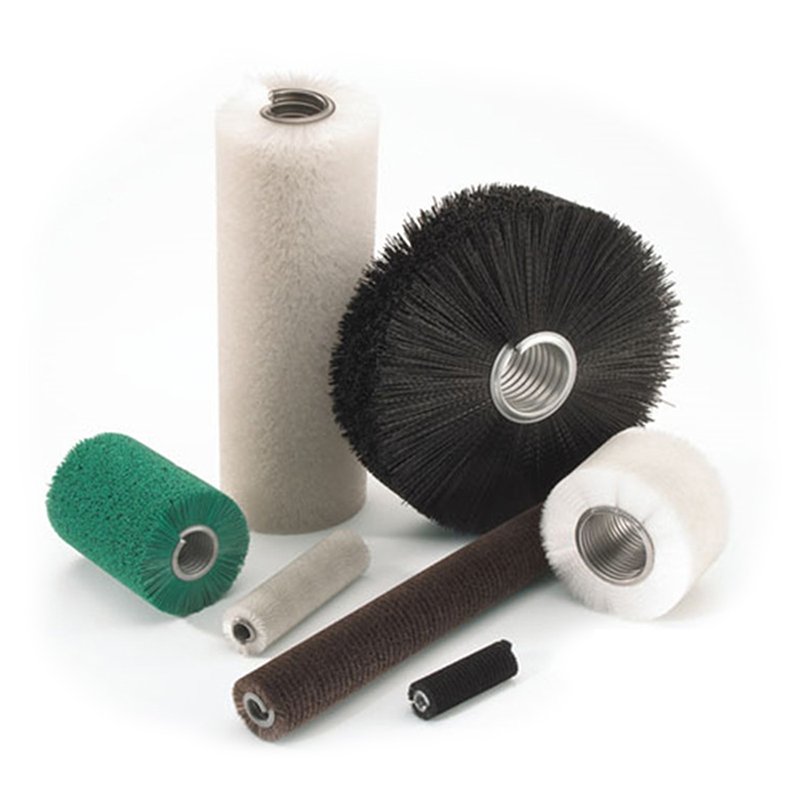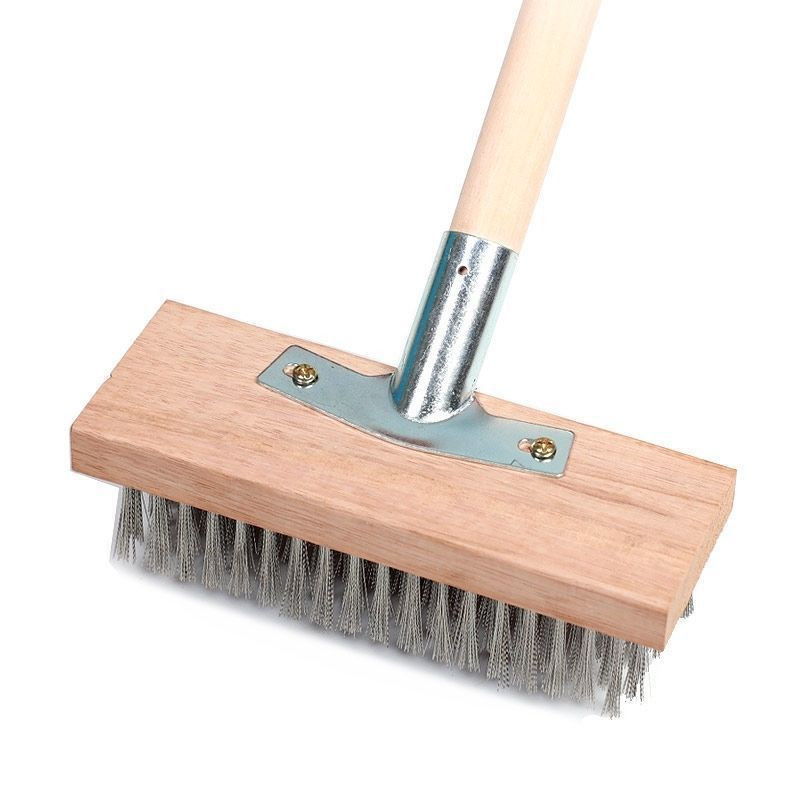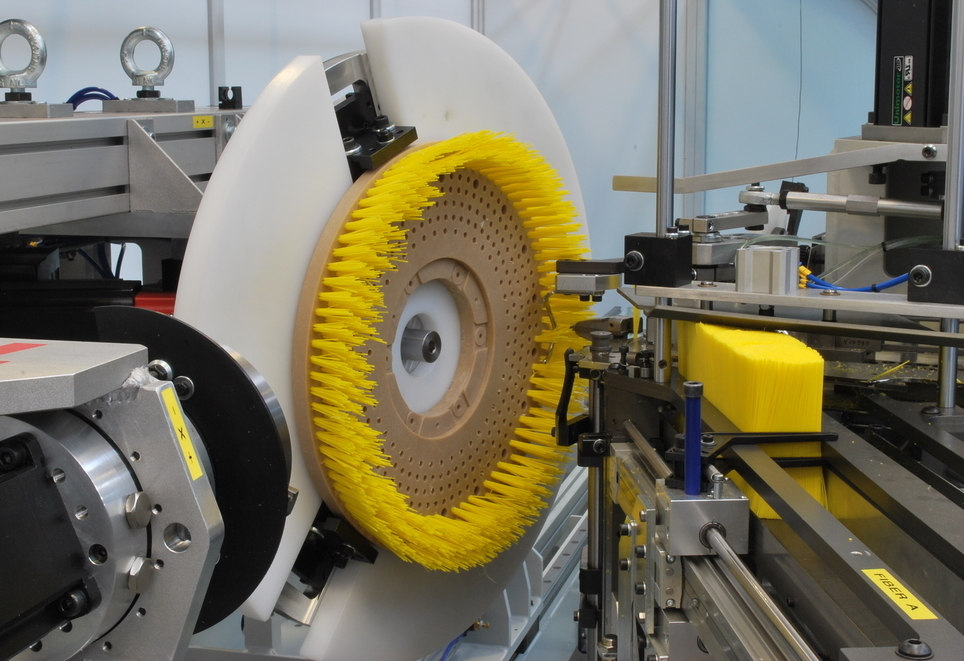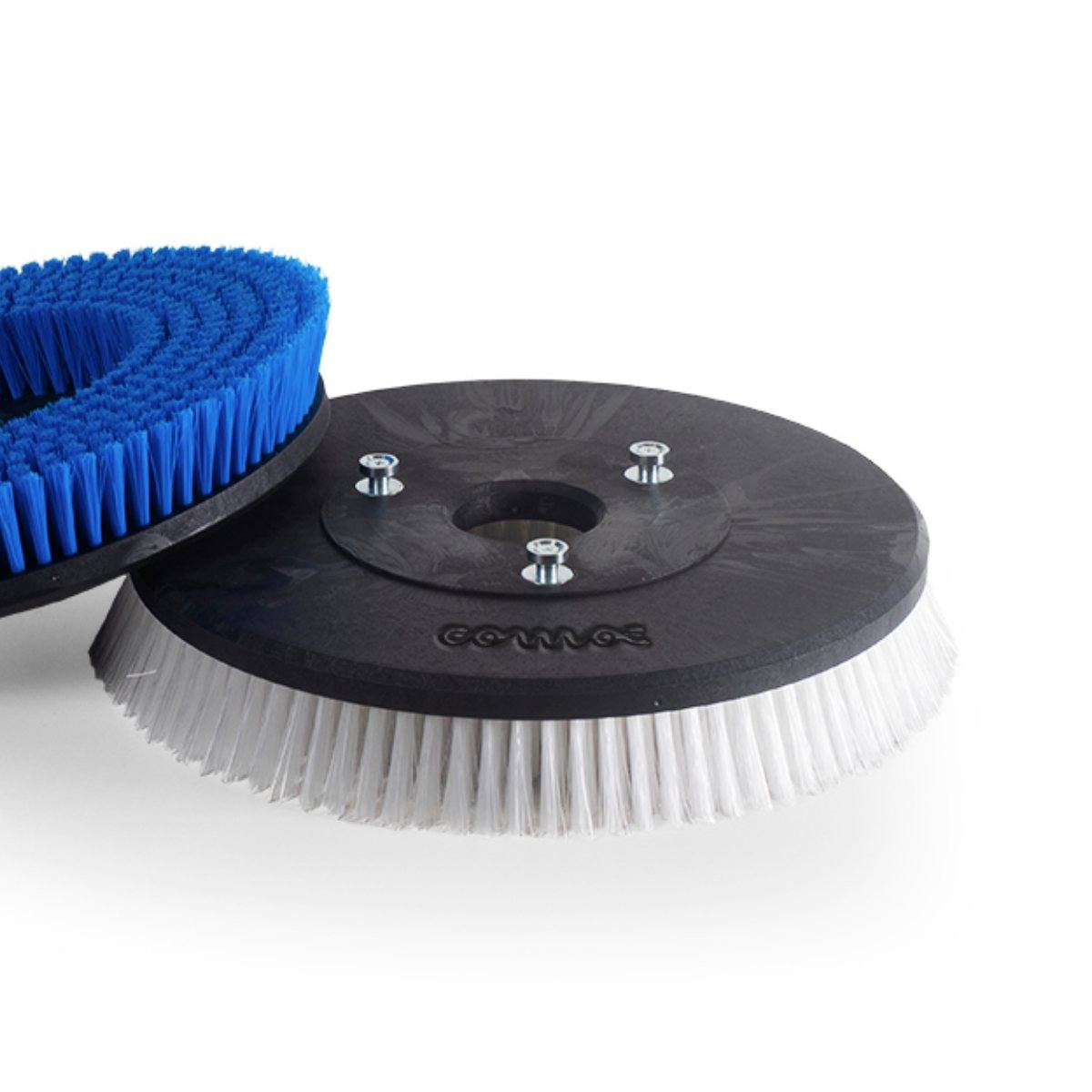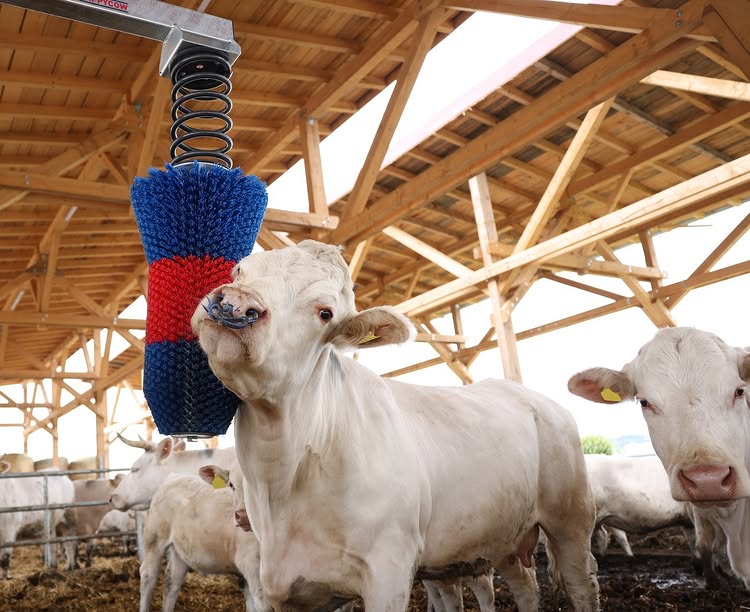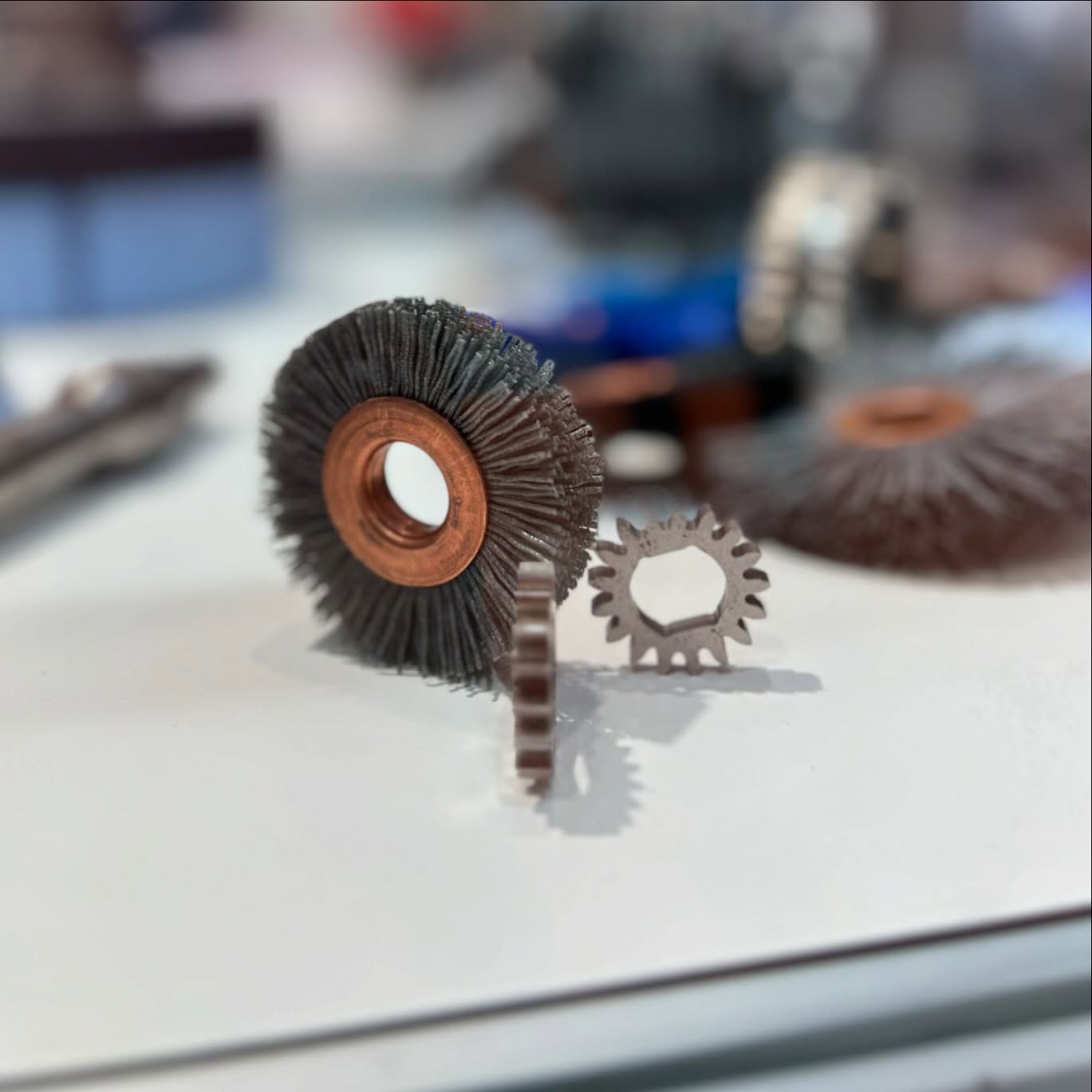Table of Contents
Wire brushes are indispensable tools across multiple industries, from metal fabrication and automotive repair to woodworking and home improvement. They are primarily used for surface preparation—removing rust, paint, corrosion, and welding slag—and for polishing or deburring materials. But a common and critical question arises when choosing the right tool: what is the best material for wire brushes?
The answer depends on several factors including the surface you’re working on, the type of contaminants you’re removing, and the desired finish. The most common materials used in wire brushes are carbon steel and stainless steel, but other specialized materials like brass and nylon also play a role in certain applications. This article explores the characteristics, advantages, and best-use scenarios for each wire brush material, helping you make the most informed and effective choice for your project.
Understanding Wire Brushes and Their Applications
Before diving into materials, it’s important to understand the fundamental structure and purpose of a wire brush. A wire brush consists of bristles made from metal or synthetic wire, mounted on a handle, wheel, or cup base. The bristles vary in thickness, flexibility, and material, depending on the brush’s intended application.
Wire brushes can be hand-held or machine-driven (like wire wheel brushes or wire cup brushes used with grinders and drills). Their main function is abrasive cleaning—removing unwanted materials from a surface without excessively damaging the underlying substrate. Common tasks include:
- Rust and paint removal
- Deburring sharp edges
- Cleaning welds
- Polishing metal or wood
- Surface preparation before painting or coating
Comparison of Wire Brush Materials
| Material | Strength | Corrosion Resistance | Surface Compatibility | Spark Risk | Best For |
|---|---|---|---|---|---|
| Carbon Steel | High | Low | Ferrous metals (e.g., iron, steel) | Yes | Heavy-duty rust, paint, and slag removal |
| Stainless Steel | Medium | High | Stainless steel, aluminum, non-ferrous metals | Yes | Corrosion-resistant surfaces, clean finish |
| Brass | Low | Medium | Soft metals, electrical components | No | Polishing, spark-sensitive areas |
| Nylon | Very Low | High (chemically resistant) | Plastic, wood, painted surfaces | No | Light-duty cleaning, chemical environments |
Choosing the Right Brush Style and Configuration
Beyond material, wire brushes come in different configurations that affect their performance:
- Crimped Wire Brushes: Ideal for light-to-medium cleaning; the bristles flex slightly under pressure, reducing wear and making them good for general-purpose use.
- Knotted or Twisted Wire Brushes: Designed for aggressive cleaning jobs, such as removing heavy rust or weld slag. The wires are twisted together for greater strength and longevity.
- Wire Cup Brushes: Best for cleaning large, flat surfaces. These brushes can be attached to power tools for faster work.
- Wire Wheel Brushes: Ideal for edge work and reaching into crevices, commonly used with bench grinders or drills.
Other Key Factors to Consider
Grit and Bristle Thickness
Wire brushes do not use grit ratings like sandpaper, but bristle thickness and flexibility serve a similar role. Thicker bristles offer more aggressive cleaning, while thinner ones are better for fine polishing. For example, a .014″ carbon steel wire is great for weld cleaning, whereas a .006″ stainless steel wire is better for polishing stainless steel components.
Size and Tool Compatibility
Choose a brush size that matches your surface area and tool. Smaller brushes are better for tight areas, while larger brushes cover more ground quickly. Always check speed ratings and shaft compatibility to ensure safe operation with your drill, grinder, or bench tool.
Safety Considerations
Always wear protective gear when using wire brushes, especially with power tools. Loose bristles can become projectiles at high speeds. Replace worn brushes promptly and follow the manufacturer’s safety recommendations. Use brushes with safety guards when available, and never exceed the maximum RPM rating.
Conclusion
The best material for wire brushes ultimately depends on your project’s needs. For tough, industrial-grade cleaning, carbon steel is your go-to. If you’re working with stainless steel or need to avoid contamination, stainless steel is ideal. For precision work on soft metals or delicate surfaces, choose brass. And for general-purpose, chemical-safe cleaning, nylon is an excellent alternative.
By carefully considering the brush material, configuration, bristle size, and application requirements, you’ll ensure optimal performance, surface safety, and project success. Whether you’re tackling rusted machinery or polishing a decorative metal piece, selecting the right wire brush material is a small choice that can make a big impact.

